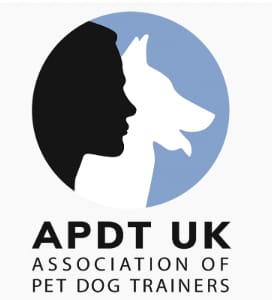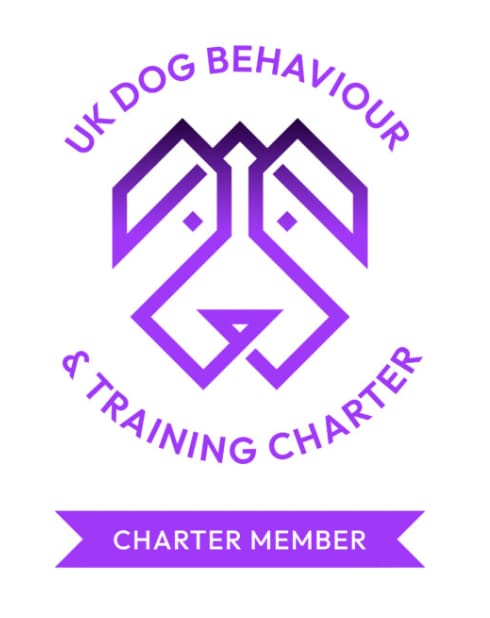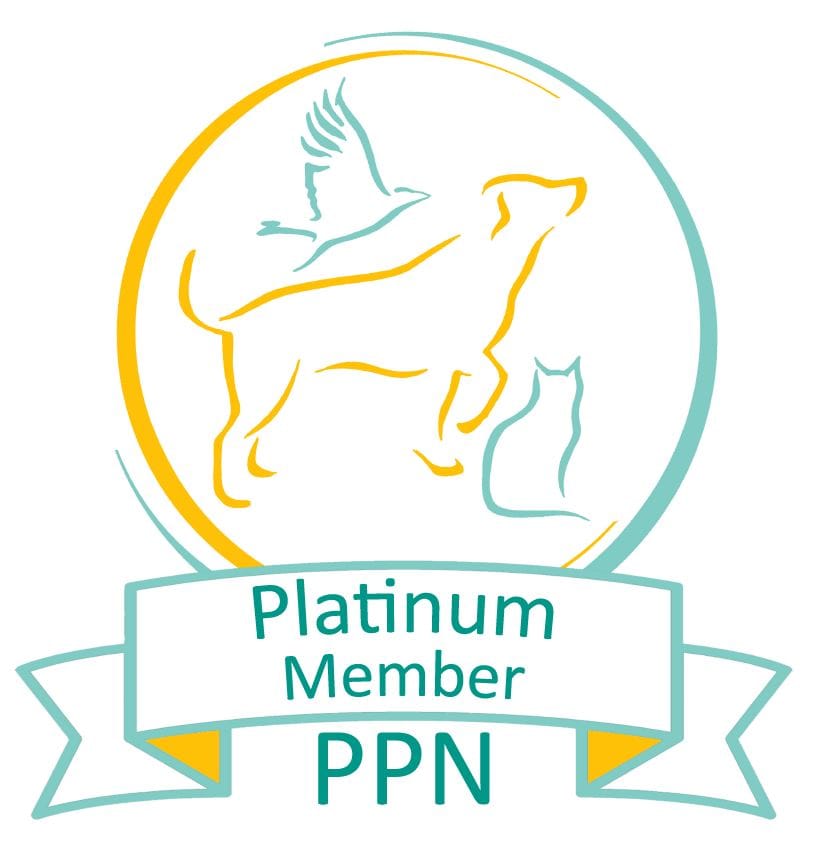Can dog training help with aggression?
13/02/2020 - Blog
Aggression in dogs is a complex problem but yes, with the right guidance, dog training can usually help with aggression. Here’s how.
A step by step approach to tackling your dog’s problem with aggression
- Don’t try to tackle it alone. Contact a trusted dog behaviourist.
- Rule out any physical cause for the problem
- Work out what is triggering the aggressive behaviour
- Put management techniques in place for the safety of you, your dog and everyone around you.
- Invest in the advice and practical help of a qualified behaviourist
- Work hard at the exercises your behaviourist has set
- Be patient – it can take time for your dog to learn more appropriate behaviours
- Have lots of mentally stimulating toys and activities for your dog to enjoy at home
- Stay consistent with your training techniques
- Check in regularly with your behaviourist and any doggie health care professionals who are helping you.
What is making your dog aggressive?
The key to solving any challenge in life is to find out the root cause of the problem and do whatever you can to fix it. So what has happened to make your dog react to a trigger by barking, snarling and possibly even biting?
In my experience, more often or not, the root cause of aggressive behaviour is fear. Something has frightened your dog and he or she has learned that barking and snarling makes the scary thing back off. The louder your dog shouts, the quicker he (or she) feels safe again.
However, we need to start at the very beginning and rule out any other causes. Hence I always insist on a vet check to rule out any physical cause for the behaviour. Pain cannot be cured with training.
Working with a dog behaviourist
You may have an inkling into when your dog’s aggressive behaviour started and why. Or you might be completely baffled. There might have been one incident or it could be something that your dog has been exposed to on several occasions. Sometimes, a dog’s reactions can be affected by diet or by too much (or too little) mental stimulation.
Whatever the initial cause, your pet’s brain has built what we call a “neural pathway” in the brain. It’s like a motorway for nerve impulses so rather than think about what it needs to do, the brain perceives a trigger – it might be a sight, a smell or a sound – and immediately sends the body into fight mode.
A dog behaviourist will help to find out exactly what the trigger is. By listening carefully to you and taking notice of your pup’s body language, a good behaviourist will be able to work out a pattern of behaviour. With that deeper understanding, it’s possible to start creating a training and management programme that will help your dog to overcome fears and react more appropriately when under stress.
How to train a dog to be less aggressive
Every single dog is different and so it would be wrong of me to try to put a generalised “how to” guide onto paper.
Finding the root cause of the behaviour is key. As is working out the exact triggers. Avoiding those triggers is the obvious solution and very often that’s where training starts. BUT that’s not a practical long term solution.
Start with a long term goal for your dog. That’s what any training is about. Then plan a progressive program that works towards the goal. Break down the main goal into tiny steps.
Celebrate every single success, no matter how small. For dog training to help with aggression can be a slow process and you need to keep yourself motivated. If you feel positive, your dog will too.
Don’t forget to help your dog in as many ways as possible. Improved general wellbeing really does make their brains more receptive to new ideas.
Simple tips to supplement aggression training include:
- Make sure your pet gets plenty of relaxation time. Create a safe den for them at home. Somewhere that they won’t be disturbed.
- Feed regularly. Low blood sugar can play havoc with moods. If your pooch normally has one large meal a day, consider offering two smaller days instead.
- Introduce some mental stimulation games to help their brain focus. Scentwork is brilliant for this but even something as simple as a Lickimat can help a dog to settle and relax.
To sum up
- Dog training absolutely CAN help with aggression in many cases
- Always work with a qualified dog behaviourist – you may endanger yourself and others by trying to tackle the problem alone
- Every dog has a different set of problems and needs an individual approach.
- Improving your dog’s general wellbeing and reducing stress levels will usually speed the effectiveness of training.
Is your dog aggressive?
CK9 Training offers dog behaviourist service in and around Surrey. A qualified, and understanding behaviourist will visit you and your pet to help you unravel the cause of the problem and put together a training plan. To find out more, click here.
Useful articles
What does a dog behaviourist do?








